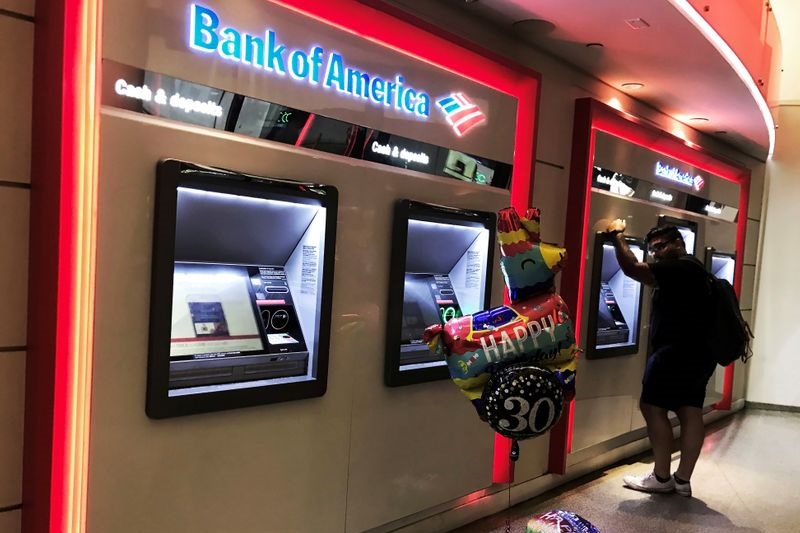This post was originally published on this site

(Reuters) -Shares of U.S. regional lenders jumped on Wednesday on growing investor confidence that the worst of the banking crisis was likely over, following news of strong deposit growth at Western Alliance (NYSE:WAL) Bancorp.
Deposits at Western Alliance grew by more than $2 billion in the three months to May 12, the bank said on Tuesday, suggesting customers remained confident on its financial health despite the failures of three other regional lenders in recent months: Silicon Valley Bank, Signature Bank (OTC:SBNY), and First Republic Bank (OTC:FRCB).
“The first thing is that hasn’t been another shoe to drop, which was one of the things investors were cautious about,” said Arthur Hogan, chief market strategist at B. Riley Wealth in Boston.
“Then Western Alliance, one of the most hard-hit banks, came out with a filing showing deposit increase. And as these banks start to show that deposits have stabilized, more confidence is built back into the space in general,” Hogan said.
Western Alliance shares, which are down 40% year-to-date, surged 13% to $35.90, erasing losses recorded over the last two weeks. Other regional lenders were also trading higher: PacWest Bancorp, whose stock has lost nearly 77% of its value year-to-date, was up 23%. Comerica (NYSE:CMA) Inc gained 10%, Zions Bancorp added 11%, KeyCorp (NYSE:KEY) was up 7.8%.
The KBW Regional Banking Index rose 7%, jumping to its highest level since May 1.
“We’re not going to make it back to pre-crisis levels anytime soon because we do know that the earnings environment for regional banks will still be impaired, but the period of emergency seems to be dissipating and there’s more focusing on the fundamentals,” Hogan added.
Regional banks, the largest lenders to the beleaguered U.S. commercial real estate and construction markets, have reduced their exposure to the sector by tightening standards and making fewer loans, according to a Reuters analysis.
Their tightening comes as many real estate borrowers face challenges making interest payments in a rising interest rate environment, while office use has declined and property values have decreased on recession concerns.
Deposit flows at U.S. banks, including regional lenders, climbed to $17.16 trillion in the week ended May 3, marking the first increase in four weeks, according to Federal Reserve data.


